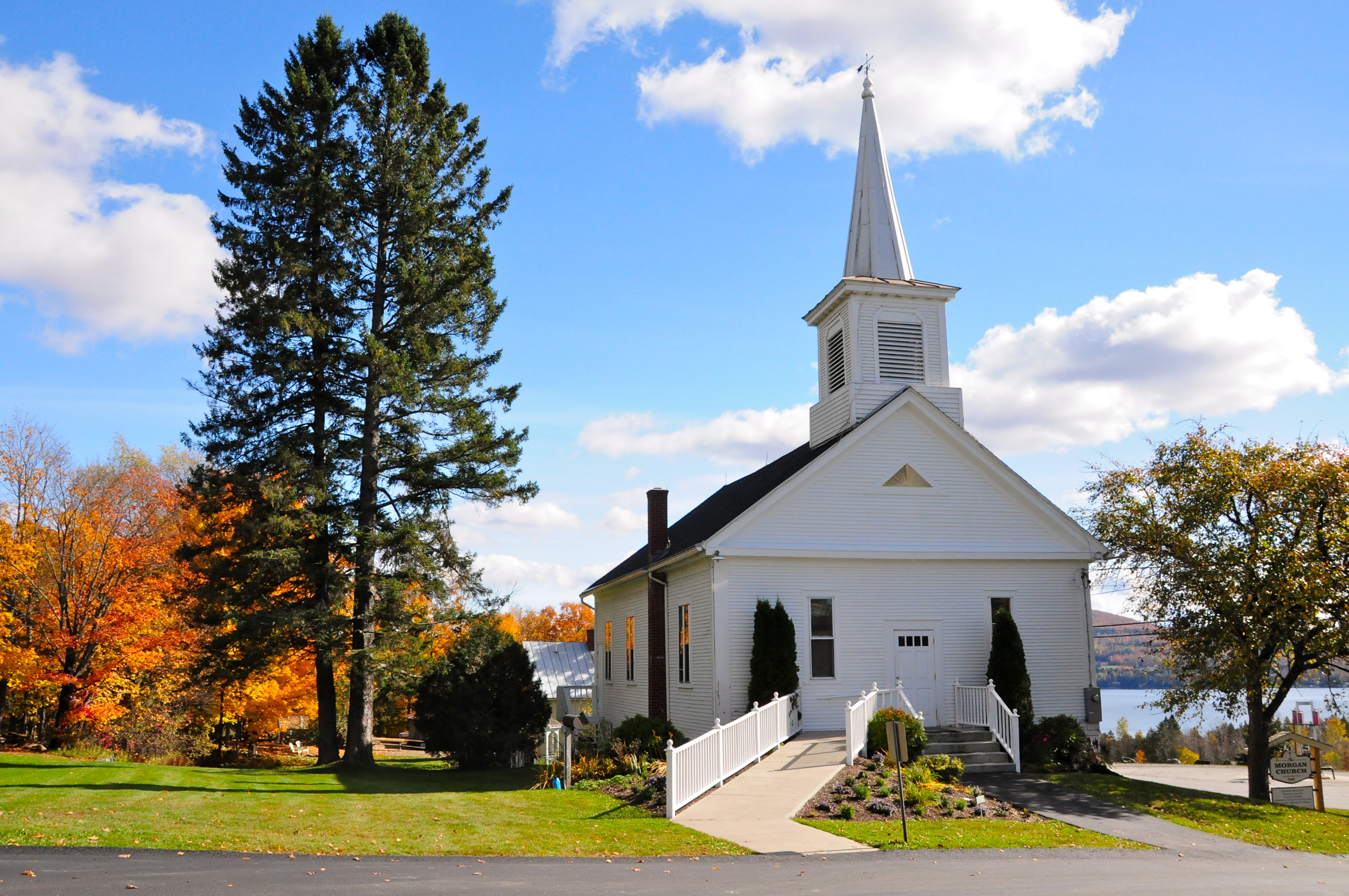The Great Awakening (1730 – 1760) was central to America’s revolution and independence. It united the colonies and gave them a new spiritual vitality. It made churches more American and less European. These changes wedded with enlightenment thought allowed Americans to see the world with new eyes. Ties to Europe, and England especially, began to unravel. “The Revolution could not have taken place without this religious background,” says historian Paul Johnson. “The essential difference between the American Revolution and the French Revolution is that the American Revolution, in its origins, was a religious event, whereas the French Revolution was an anti-religious event.”
These truths are too often dismissed today and the kind of liberty that emerged from the colonies is being forgotten. As Lord Acton said so well, freedom is “not the power of doing what we like but the right of being able to do what we ought.”
At my church service Sunday, my minister delivered a sermon on the Apostle Paul’s conversion in Acts 9 , legalism, and spiritual pride. At the end, he took a few minutes to address events going on in America and even read a portion of Justice Antonin Scalia’s recent dissent on the ruling of the Defense of Marriage Act. Foreshadowing the coming religious persecution he quoted Scalia’s line, “It is one thing for a society to elect change; it is another for a court of law to impose change by adjudging those who oppose it hostes humani generis, enemies of the human race.” My pastor made the point that because of the looming threats to conscience and long established worldviews held by Christians, America is setting itself not as indifferent but hostile to Christian teaching and truth. We are and have been experiencing a new revolution against our foundations. It’s a harrowing thought, that points to a puffed up pride by leaders who can exact change with little precedent and unconstrained by a higher accountability.
Contrasting that kind of rebellion, there are some great sources that highlight the importance of America’s brand of spiritual liberty. One of the best is Political Sermons of the American Founding Era 1730-1805 published by Liberty Fund. Below is a great excerpt from “A Sermon on the Anniversary of the Independence of America” by Samuel Miller. Delivered in 1793, Miller was an ordained Presbyterian minister and professor of church history and government at Princeton. Miller simply lays out the significance of the Christian contribution within American independence and government:
Christianity, on the one hand, teaches those, who are raised to places of authority, that they are not intrinsically greater than those whom they govern; and that all the rational and justifiable power with which they are invested, flows from the people, and is dependent on their sovereign pleasure. There is a love of dominion natural to every human creature; and in those who are destitute of religion, this temper is apt to reign uncontrouled. Hence experience has always testified, that rulers, left to themselves, are prone to imagine, that they are a superior order of beings, to obey whom, the ignoble multitude was made, and that their aggrandizement is the principal design of the social compact. But the religion of the gospel, rightly understood, and cordially embraced, utterly disclaims such unworthy sentiments, and banishes them with abhorrence from the mind. It contemplates the happiness of the community, as the primary object of all political associations—and it teaches those, who are placed at the helm of government, to remember, that they are called to preside over equals and friends, whose best interest, and not the demands of selfishness, is to be the object of their first and highest care.
On the other hand, Christianity, wherever it exerts its native influence, leads every citizen to reverence himself—to cherish a free and manly spirit—to think with boldness and energy—to form his principles upon fair enquiry, and to resign neither his conscience nor his person to the capricious will of men. It teaches, and it creates in the mind, a noble contempt for that abject submission to the encroachments of despotism, to which the ignorant and the unprincipled readily yield. It forbids us to call, or to acknowledge, any one master upon earth, knowing that we have a Master in heaven, to whom both rulers, and those whom they govern, are equally accountable. In a word, Christianity, by illuminating the minds of men, leads them to consider themselves, as they really are, all co-ordinate terrestrial princes, stripped, indeed, of the empty pageantry and title, but retaining the substance of dignity and power. Under the influence of this illumination, how natural to disdain the shackles of oppression—to take the alarm at every attempt to trample on their just rights; and to pull down, with indignation, from the seat of authority, every bold invader!

